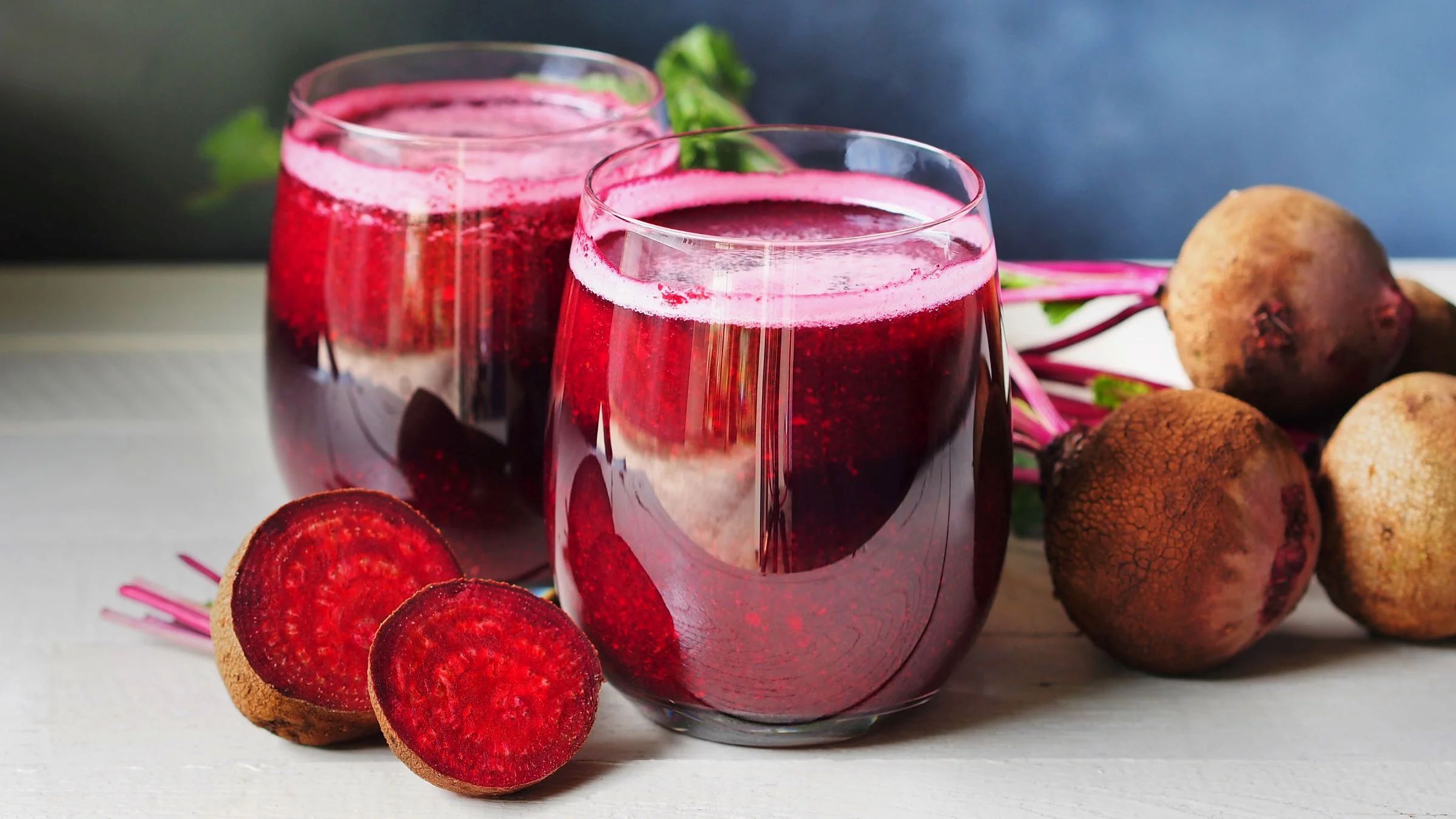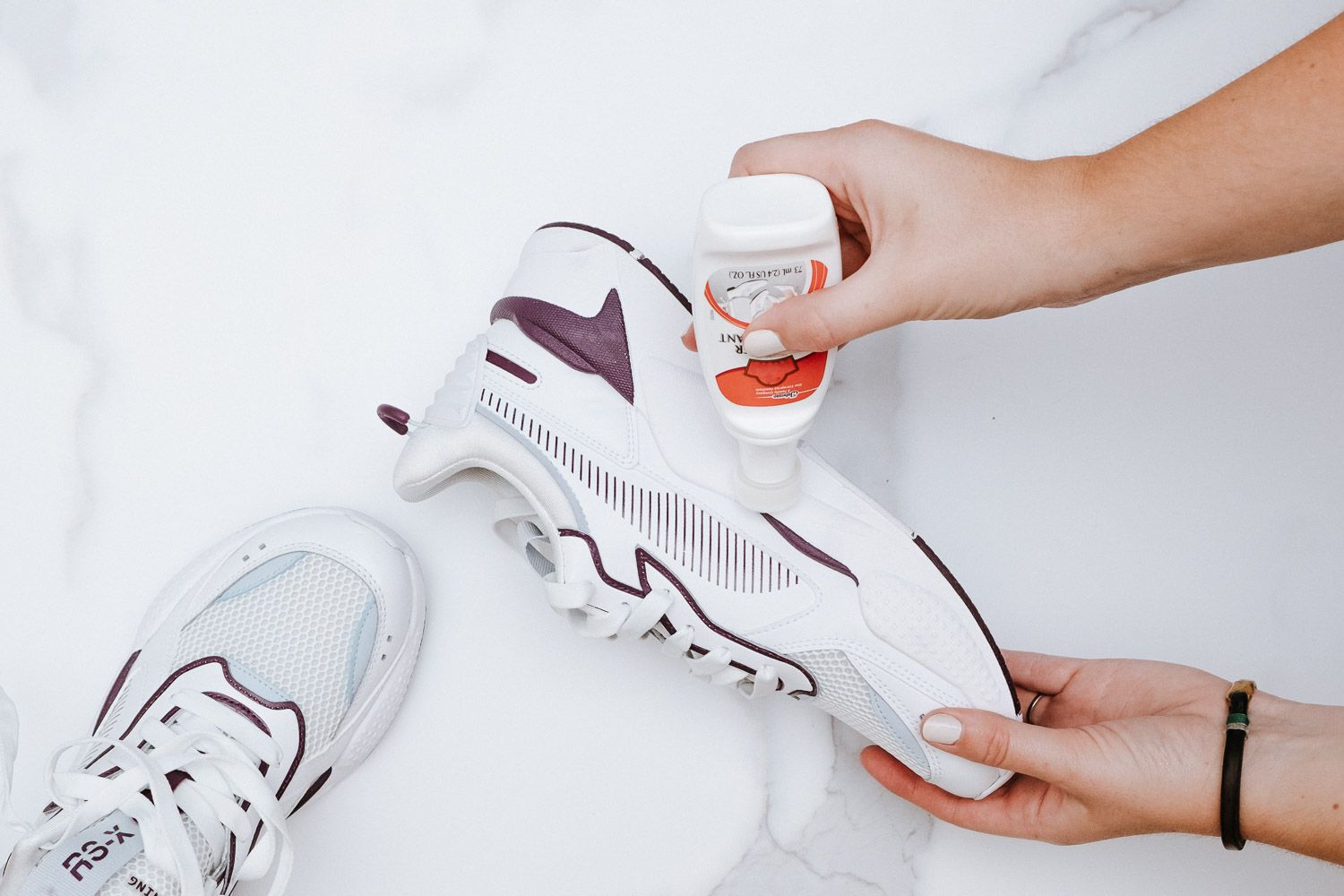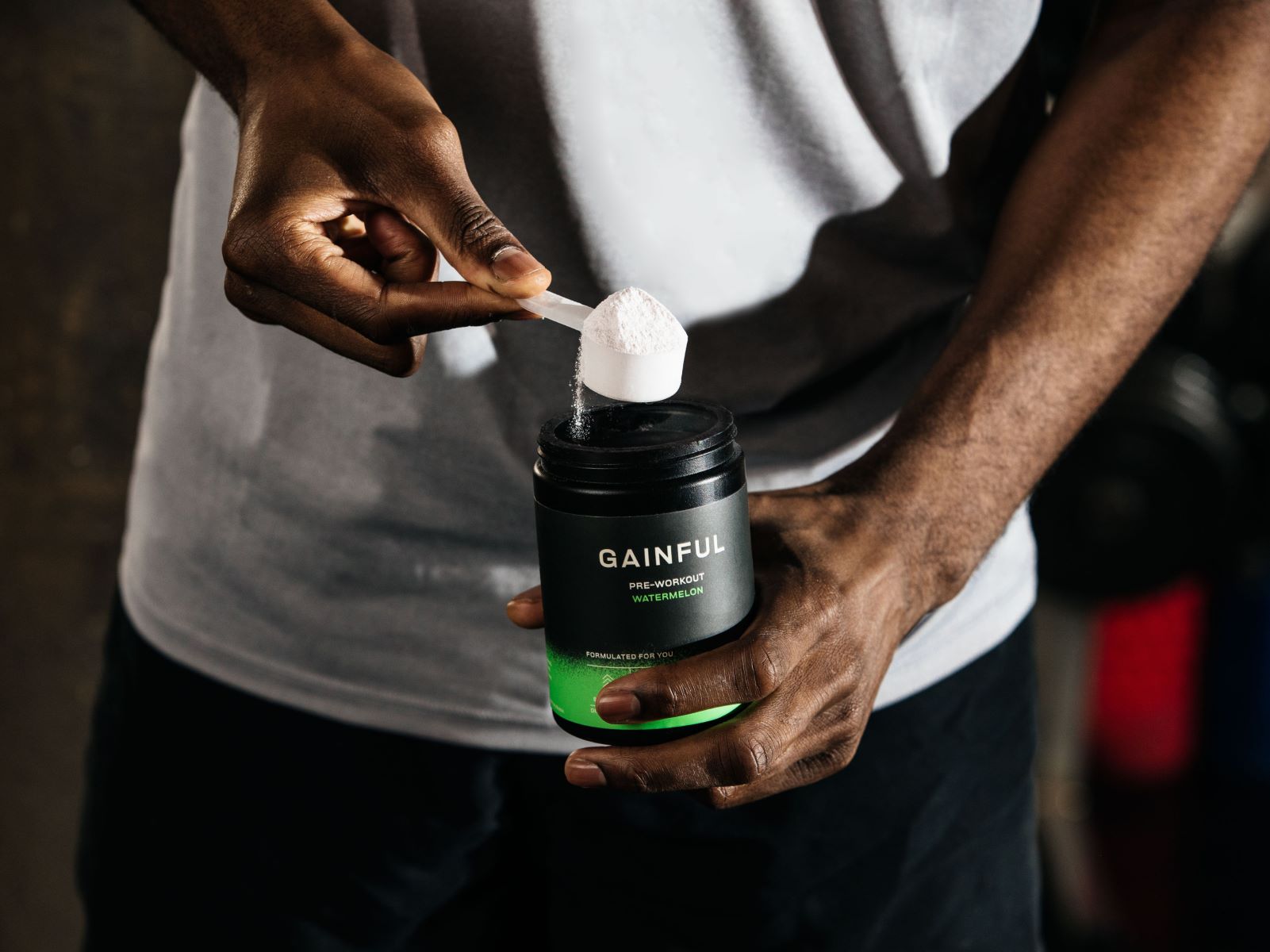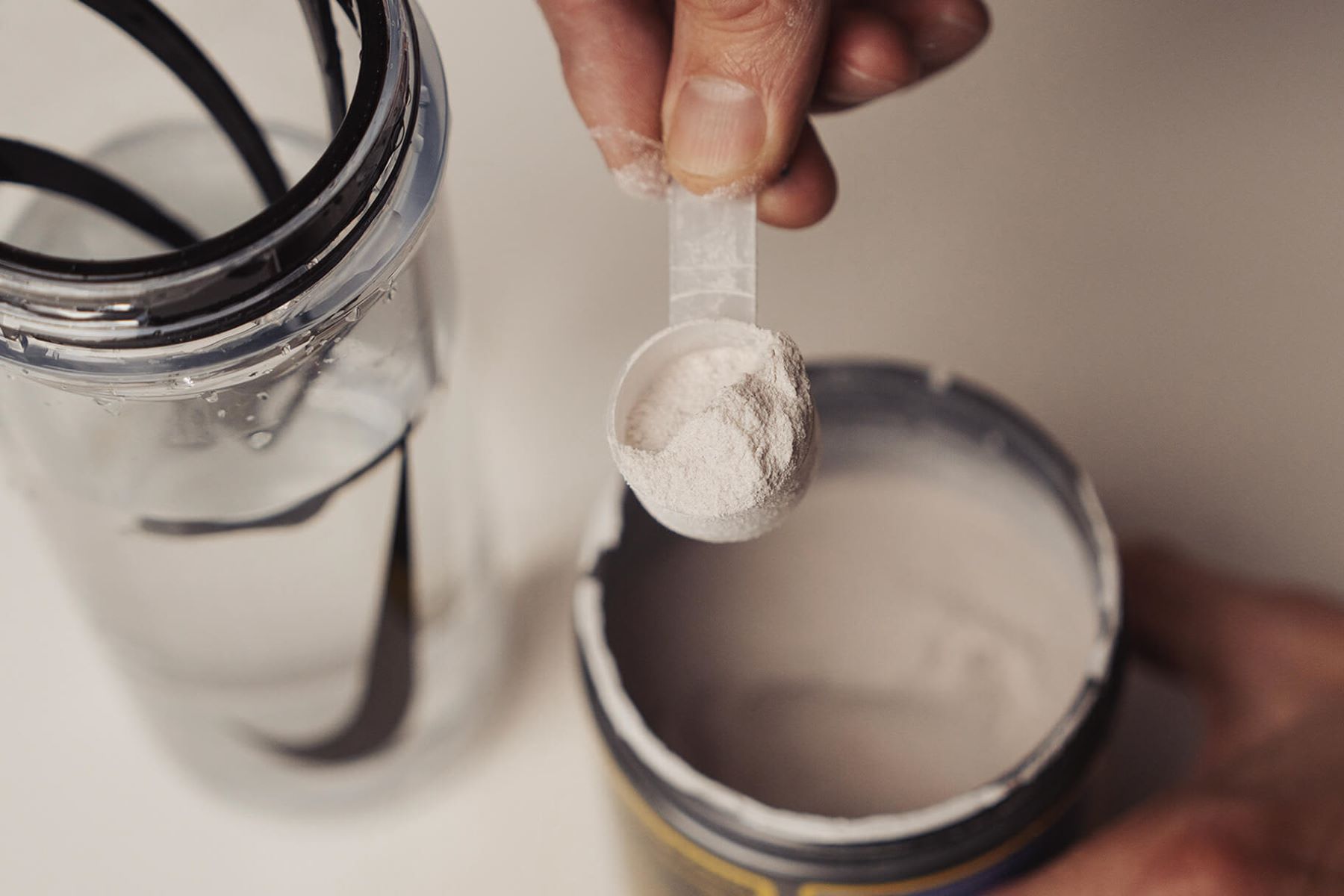

Featured
How Much Beetroot Juice Before Workout
Modified: August 21, 2023
Get all the details on how much beetroot juice to consume before your workout. Discover the benefits of this featured beverage for optimizing your performance.
Introduction
Welcome to our article on the benefits of beetroot juice for workout and the optimal amount to consume before exercising. Beetroot juice has gained popularity among fitness enthusiasts and athletes due to its potential performance-enhancing properties. The vibrant red vegetable is abundant in essential nutrients and compounds, making it a valuable addition to a pre-workout routine.
Beetroot juice is rich in nitrates, which are converted into nitric oxide in the body. Nitric oxide acts as a vasodilator, widening the blood vessels and improving blood flow. This enhanced blood circulation can have numerous benefits during a workout, such as improved oxygen and nutrient delivery to the muscles, increased endurance, and reduced fatigue.
In addition to its nitrate content, beetroot juice is also packed with vitamins, minerals, and antioxidants. These include vitamin C, potassium, folate, and betalains, which help to support overall health and aid in exercise recovery.
Now that we understand the potential benefits of beetroot juice for workouts, let’s delve into the crucial question of how much beetroot juice to consume before exercising. Finding the right balance is key to optimizing the effects of beetroot juice on your performance and reaping its full benefits.
Benefits of Beetroot Juice for Workout
Beetroot juice offers several notable benefits for individuals looking to enhance their workout performance:
- Increased Endurance: The high nitrate content in beetroot juice helps to improve cardiovascular efficiency by expanding blood vessels and reducing oxygen consumption. This can lead to increased endurance and prolonged exercise capacity.
- Improved Oxygen Delivery: Beetroot juice promotes the release of nitric oxide, which enhances blood flow and improves oxygen delivery to the muscles. This can lead to reduced fatigue, improved muscle function, and better overall exercise performance.
- Enhanced Energy Levels: The combination of nitrates and natural sugars in beetroot juice provides a natural energy boost. Consuming beetroot juice before a workout can help increase energy levels and improve focus and concentration during exercise.
- Reduced Muscle Soreness: Beetroot juice contains anti-inflammatory properties that can help reduce muscle soreness and speed up recovery after intense exercise. This is particularly beneficial for individuals who engage in high-intensity or resistance training.
- Lower Blood Pressure: The nitrate compounds in beetroot juice have been shown to have a positive effect on blood pressure levels. Regular consumption of beetroot juice may help lower blood pressure, which can have long-term benefits for cardiovascular health.
These benefits make beetroot juice a compelling choice for individuals looking to optimize their workout performance and improve overall fitness. However, it is important to note that individual results may vary, and incorporating beetroot juice into your routine should be done in consultation with a healthcare professional or a registered dietitian.
Amount of Beetroot Juice to Consume Before a Workout
When it comes to the optimal amount of beetroot juice to consume before a workout, it is essential to strike the right balance. Consuming too little may not yield noticeable benefits, while consuming too much can lead to digestive discomfort. Here are some general guidelines to consider:
- Start with a Small Amount: If you’re new to beetroot juice, begin with a smaller serving and gradually increase it over time. This allows your body to adjust to the nitrates and reduces the risk of stomach upset.
- Consider Body Weight: As a general rule of thumb, it is recommended to consume around 0.3 to 0.5 grams of dietary nitrates per kilogram of body weight. For example, if you weigh 70 kilograms, aim for approximately 21 to 35 grams of dietary nitrates.
- Be Mindful of Concentrated Beetroot Juice: If you’re using concentrated beetroot juice or a beetroot juice supplement, follow the instructions provided by the manufacturer. These products are more potent and may require a smaller serving size.
- Consider Individual Tolerance: It’s important to listen to your body and adjust the amount of beetroot juice based on your individual tolerance. Some individuals may experience greater benefits with a larger serving, while others may find a smaller amount to be sufficient.
It’s worth noting that the exact amount of beetroot juice needed to optimize your workout performance may vary depending on factors such as your fitness level, the duration and intensity of your workout, and any underlying health conditions you may have. Experimentation and personalized adjustments may be necessary to find the right amount that works best for you.
Remember to stay hydrated and complement the beetroot juice with other nutritious foods to ensure overall balance and maximize the benefits of your pre-workout routine.
Timing for Consuming Beetroot Juice Before a Workout
The timing of when you consume beetroot juice before a workout can play a significant role in maximizing its benefits. Here are some key considerations to keep in mind:
- 30-60 Minutes Before: Generally, it is recommended to consume beetroot juice approximately 30 to 60 minutes before your workout. This allows enough time for your body to absorb the nutrients and for the nitrates to be converted into nitric oxide.
- Avoid Consuming Too Close to Exercise: On the other hand, consuming beetroot juice immediately before a workout may not provide enough time for the nitrates to take effect. Aim to finish your beetroot juice consumption at least 30 minutes before your exercise session for optimal results.
- Pair with a Light Snack: While beetroot juice can provide a natural energy boost, it is generally recommended to consume it alongside a light snack that combines carbohydrates and protein. This will provide additional fuel for your workout and support muscle recovery.
- Consider Your Individual Digestion: Pay attention to how your body responds to beetroot juice before a workout. Some individuals may find that consuming it too close to exercise causes digestive discomfort. If this is the case, try adjusting the timing or consuming a smaller amount.
Keep in mind that everyone’s digestive system works differently, so it may require some experimentation to find the timing that works best for you. It is also important to note that the effects of beetroot juice can last for several hours, so while consuming it before a workout is recommended, you can still benefit from its effects during your exercise session.
As always, listen to your body and adjust your pre-workout routine based on how you feel. It is important to find a balance that supports your overall comfort and performance.
Precautions and Side Effects of Beetroot Juice
While beetroot juice offers numerous benefits, it is important to be mindful of potential precautions and side effects. Here are some important considerations:
- Increased Blood Sugar Levels: Beetroot juice contains natural sugars, which may cause a temporary increase in blood sugar levels. Individuals with diabetes or those who are monitoring their blood sugar should consume beetroot juice in moderation and account for its sugar content in their overall dietary intake.
- Stomach Upset: Some individuals may experience digestive issues, such as bloating, gas, or diarrhea, when consuming beetroot juice. Starting with a smaller amount and gradually increasing the serving size can help reduce the risk of stomach upset.
- Interactions with Medications: Beetroot juice may interact with certain medications, such as blood pressure medications or nitrate-containing drugs. If you are taking any medications, it is always essential to consult with your healthcare provider before incorporating beetroot juice into your routine.
- Beeturia: Beeturia is a harmless condition characterized by the discoloration of urine or stools after consuming beetroot juice. This occurs due to the presence of pigments called betalains in beets. While beeturia may be alarming, it is generally considered benign and temporary.
- Allergies: Some individuals may have an allergic reaction to beets or beetroot juice. If you have a known allergy to beets, it is best to avoid consuming beetroot juice to prevent any adverse reactions.
It is important to remember that these precautions and side effects may vary from person to person. It is always recommended to consult with a healthcare professional or a registered dietitian if you have any underlying health conditions or concerns regarding the consumption of beetroot juice.
By being aware of these potential risks and taking the necessary precautions, you can safely incorporate beetroot juice into your pre-workout routine and reap its many benefits.
Conclusion
Beetroot juice is a powerful natural supplement that can enhance your workout performance and support your overall fitness goals. Its high nitrate content promotes improved blood flow, increased endurance, and reduced fatigue during exercise. Additionally, the rich array of vitamins, minerals, and antioxidants in beetroot juice provides numerous health benefits.
When incorporating beetroot juice into your pre-workout routine, it is important to consider the optimal amount to consume and the timing that works best for you. Starting with a small amount and gradually increasing it can help minimize any potential side effects. Consuming beetroot juice 30 to 60 minutes before a workout, along with a light snack, can provide the best results.
While beetroot juice is generally safe for most individuals, it’s important to be aware of potential precautions and side effects. Individuals with diabetes, digestive issues, or certain medications should consult with their healthcare professional before adding beetroot juice to their regimen.
Remember that individual responses may vary, and what works for one person may not work for another. Pay attention to your body and make adjustments as necessary. If you experience any adverse effects, it’s best to discontinue use and seek guidance from a healthcare professional.
Incorporating beetroot juice into your pre-workout routine can be a valuable addition to support your fitness journey. Coupled with a well-rounded diet and exercise program, beetroot juice can propel you towards your fitness goals and enhance your overall well-being. Enjoy the benefits of this natural elixir and get ready for a boost in your workout performance!









